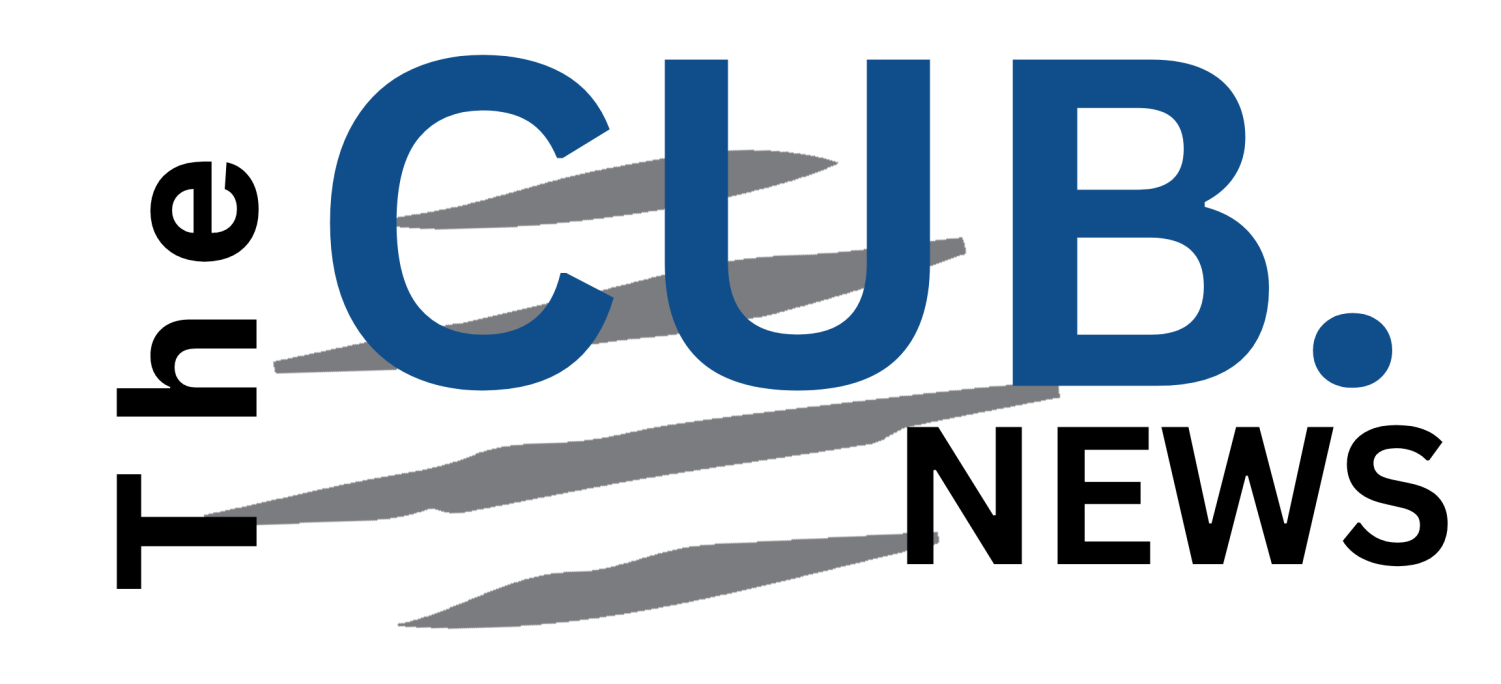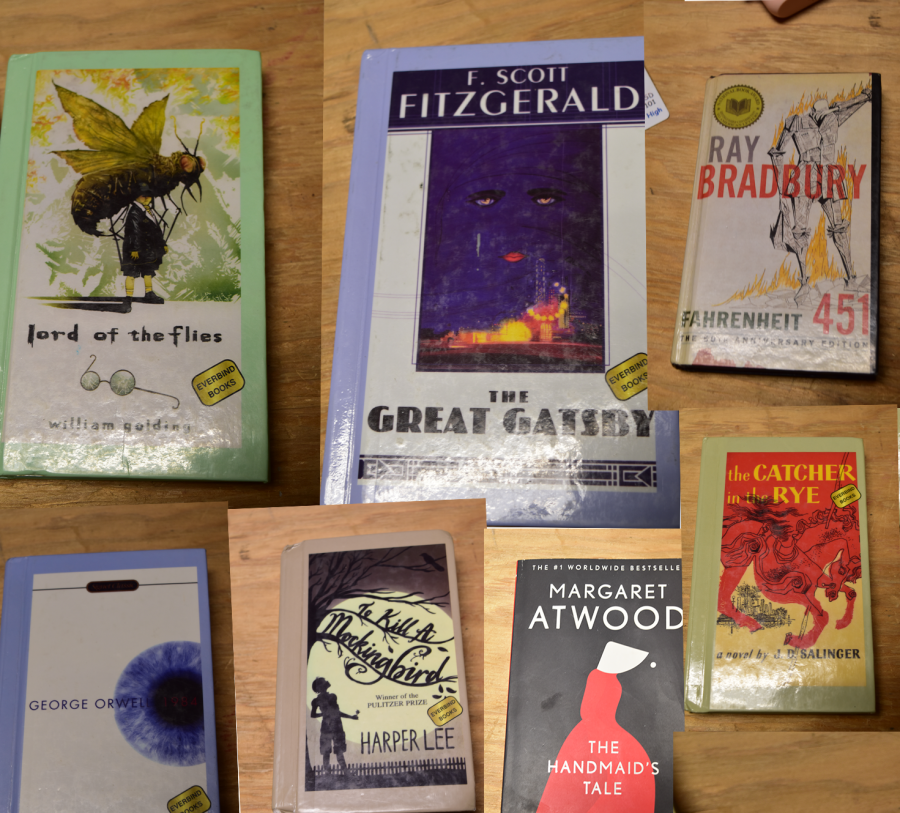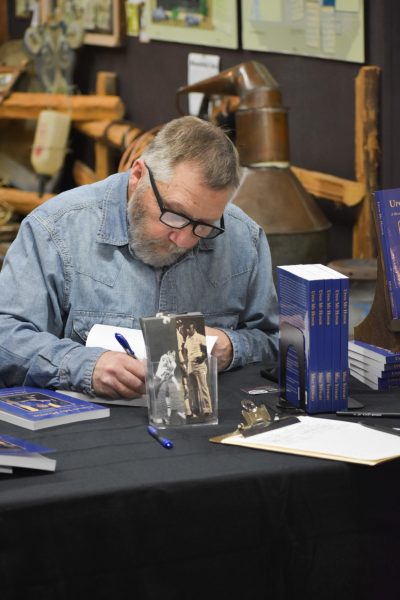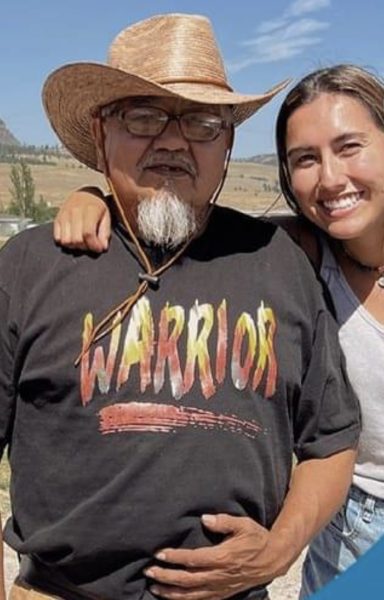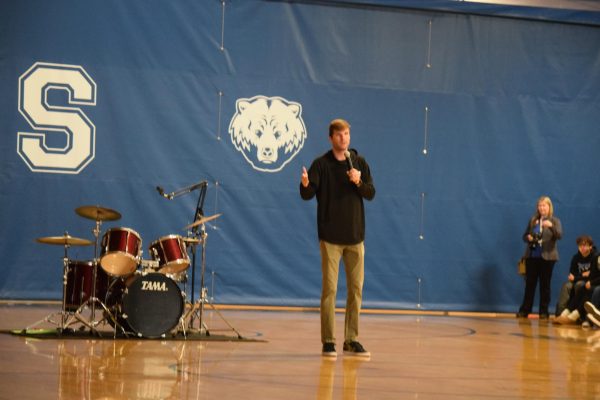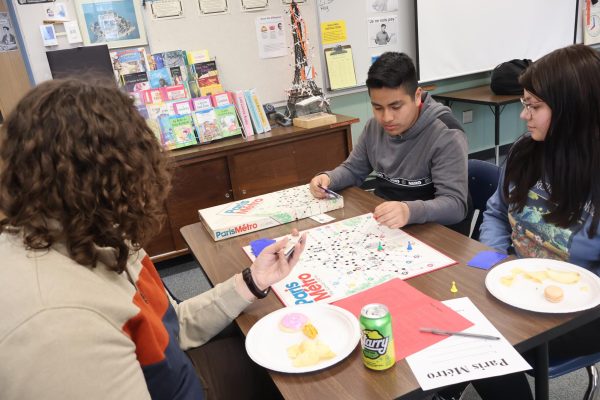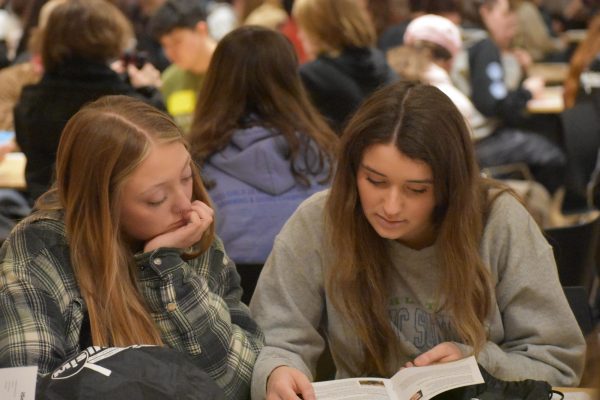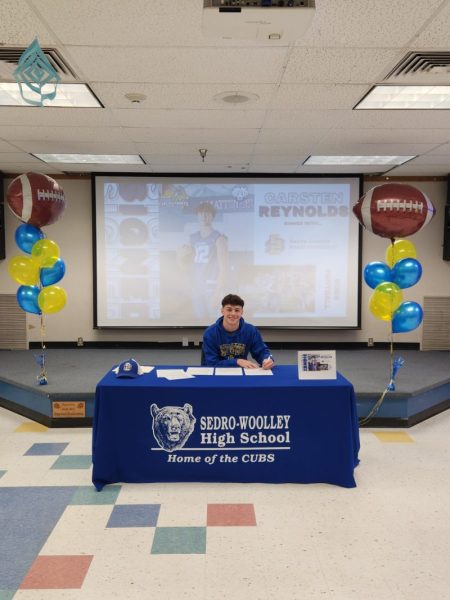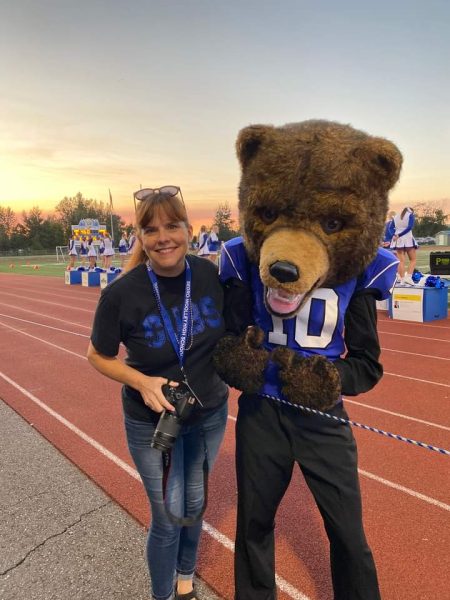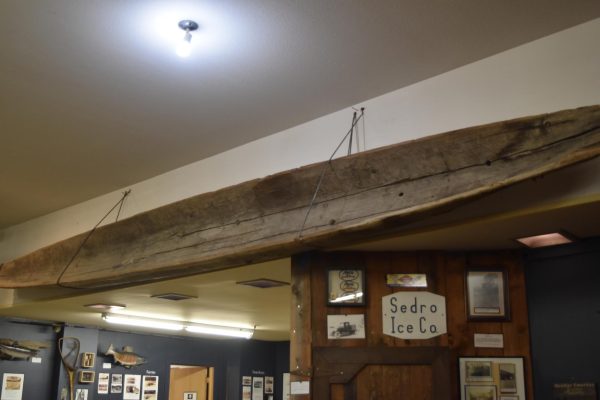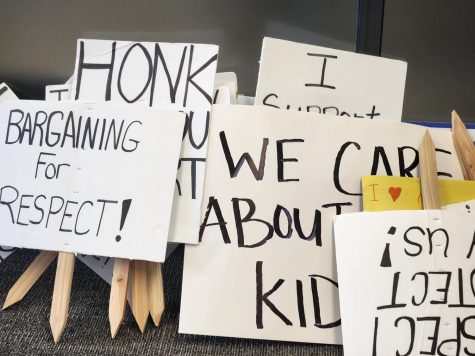Book Banning in Today’s Society
The Catcher in the Rye, 1984, The Hate You Give, All Boys aren’t Blue, To Kill a Mockingbird. These books all vary in subject matter, intended audience, and plot but they have one thing in common: they have all been banned.
In recent months southern US states such as Texas, Tennessee, and Oklahoma have implemented book bans on books deemed inappropriate for students, generally, these books have included stories about LGBTQ+ or BIPOC people.
“It seemed like it was coming but still very upsetting and definitely made me really angry,” said Anja Roozen, a senior at Sedro-Woolley High School.
These book bans are upsetting for many reasons but the impact it will have on students is one of the major concerns.
“Not all kids need all books but there are certain students who need certain books, they are lifelines and to have one person or a group of people take away books for all students is concerning,” said Linsey Kitchens, a librarian and English teacher at Sedro-Woolley High School.
While these book bans are detrimental to all students, those it will affect most are the marginalized groups who don’t necessarily see themselves represented in much of mainstream literature as they are often the people represented in banned books.
“I believe that books should provide mirrors of student’s lives, so students can see other people who look, feel, act like them to normalize their situation,” said Kitchens.
By banning these books, you not only harm the people who see themselves represented, but also those who simply want to learn more about those marginalized groups.
“I think as a person who doesn’t exist within marginalized identities, reading and learning about the experiences of those who do can be really helpful in seeing the bias within yourself and the country and society as a whole,” said Roozen.
In the last few weeks, there has been a push to remove the ability to search for banned titles in school library search engines. When asked if this would be an effective barrier, Kristen Schorno, a librarian at Sedro-Woolley High School said,
“It’s hard to say. Even myself when students come up to me and want help finding a book I always say do you know the title of what you are looking for. I use the search engine all the time so for me, that would be hard.”
Others, however, were more hopeful that this wouldn’t be effective.
“I know teenagers pretty well, and I know if a teenager wants to do something, especially when they are not allowed to, they are going to find a way to do it,” said Kitchens
Some are even more hopeful that something good will occur out of these book bans.
“I also kind of hope in a way trying to censor those books will bring more attention to them and people, like students, will be more inclined to search them up or try to find other ways to read them,” said Roozen.
